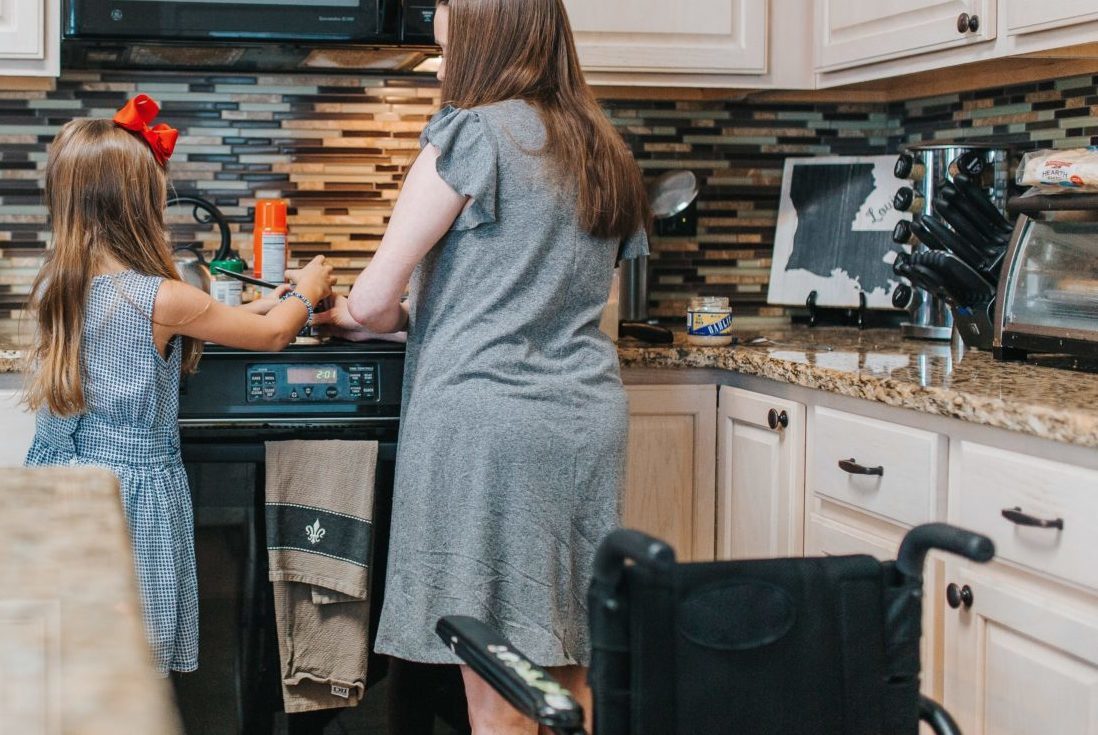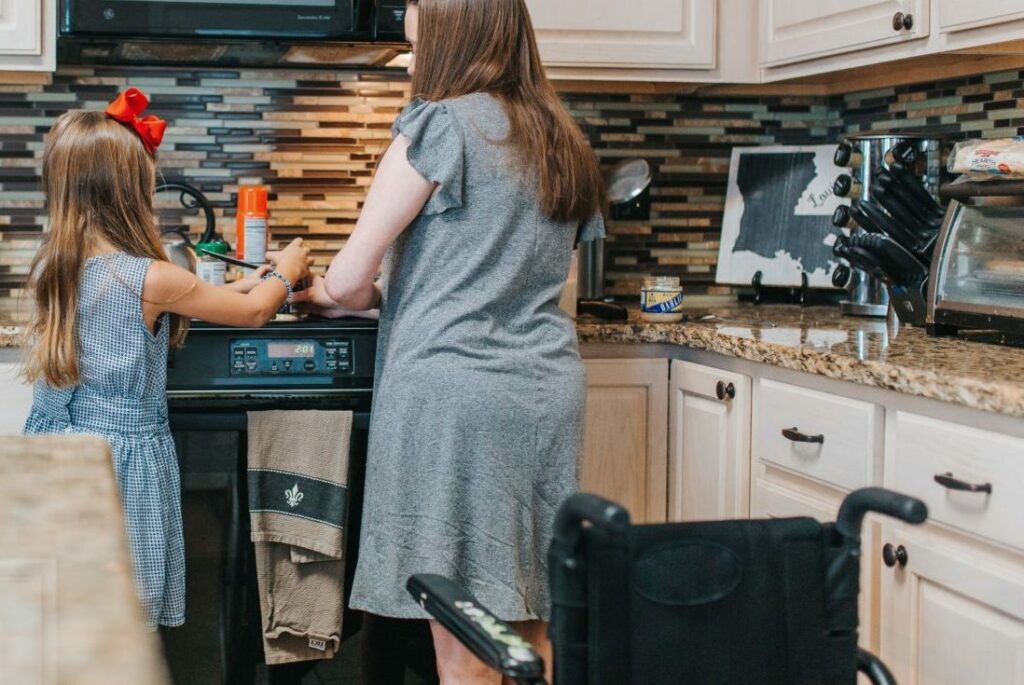
Hannah was 42 years old when she began to feel a new pain in her back and leg. At the time she was working and running the household.
When the pain became too bad to endure, Hannah called 111. An out of hours doctor called an ambulance and Hannah was taken to hospital to be assessed. It was noted that she had severe sciatica type pain in the lumbar region, left buttock and leg, and her stomach was upset. Cauda Equina Syndrome (“CES”) was suspected but doctors carried out a clinical examination and ruled it out as a diagnosis. Hannah was given painkillers and advised to see her GP if she developed any further symptoms that might indicate that she was developing CES.
The next day Hannah called 111, and spoke to Devon Doctors later that evening. They prescribed further medication but no further action was suggested.
The following morning Hannah called an ambulance. On assessment by the paramedic, she was noted to have an increase in pain since the previous day and had started to have difficulty in urinating. She was taken to the hospital where a bladder scan showed she was retaining urine.
An MRI scan showed no sign of Cauda Equina
Hannah was given an MRI scan. This showed a large prolapsed disc which was compressing the left nerve root. However, there was no evidence of cauda equina compression and so Hannah was discharged home.
A few days later, Hannah spoke to Devon Doctors who noted that her painkillers were not adequately controlling her pain, and that she had developed a muscle spasm, numbness and tingling in her left leg. At this point she could still control her bladder and bowels.
When the pain continued to get worse, Hannah called another ambulance. It was radiating through the left buttock and into her left foot. Bowels and bladder were noted to be normal, but she was taken to the hospital.
In the Emergency Department (“ED”) at the hospital, it was noted that Hannah’s pain had continued to increase during the last 12 hours, and sensation below both ankles was decreasing. It was noted that CES could not be ruled out. A bladder scan showed that Hannah was retaining more urine, and a catheter was inserted.
At 11.00 it was suspected that Hannah’s inability to urinate was possibly pain related as there were “no other features of cauda equina”. After a brief stay, she was discharged home.
Hannah’s doctors failed to make a diagnosis
Hannah’s doctors knew she had a prolapsed disc, and when this knowledge was combined with the loss of sensation below both ankles and the urinary retention, this should have been enough information for them to diagnose her cauda equina syndrome. The fact that it was still not diagnosed by this point is a clear breach of their duty to properly care for Hannah.
Unfortunately, the increasing debilitating effects on Hannah’s legs and feet meant that when she got home she fell and injured her face. Her back pain was severe and she had become incontinent of urine. An MRI that day confirmed compression of the cauda equina by the prolapsed disc, and decompression surgery was performed.
However, by this time Hannah’s condition had progressed to such an extent that she was left with serious permanent damage causing issues with continence, pain and mobility.
we helped Hannah make a claim for the delays in diagnosing her cauda equina syndrome
Hannah came to us because she knew from our website that Katja Robins and Morgan Lister had experience in helping people whose cauda equina syndrome was not diagnosed and treated properly. We were able to ask one of our expert advisors to look into her treatment, and their evidence indicated that Hannah should have been referred to the neurosurgical team for assessment much sooner given the known disc prolapse, the reduction of sensation below the ankles in both legs and the fact she was suffering from urinary retention.
Had Hannah been referred to the neurosurgical team when she was in the ED, Cauda Equina Syndrome would have been considered by that team in the differential diagnosis. The neurosurgical team would have arranged for an urgent MRI scan which would have been done on the same day. This would have shown a large central disc prolapse compressing the cauda equina nerve roots. Hannah would have undergone decompression surgery before her CES became complete, and avoided the neurological injury which causes her symptoms.
Because this didn’t happen, Hannah now suffers with regular urinary incontinence; bowel dysfunction; loss of sexual function; weakness of both legs which means she has to walk with a stick; problems with balance and continued pain and loss of feeling in her feet and legs.
These disabilities mean she was unfortunately unable to return to work and required significant further treatment and assistance at home.
We were successful in negotiating a lump sum of £1,000,000 for Hannah. As a result of the award, she has been able to purchase a more suitable house to live in and has undergone treatment which has made a significant difference to her ongoing symptoms.






